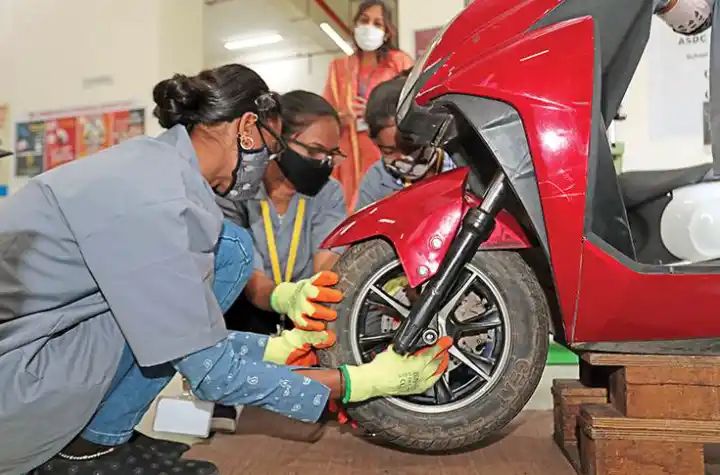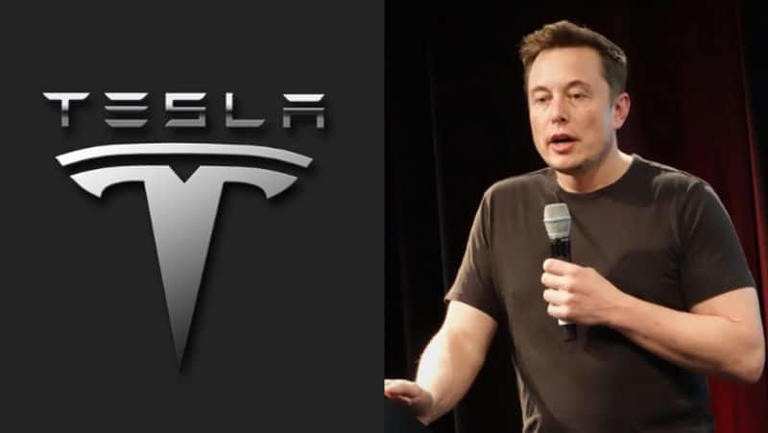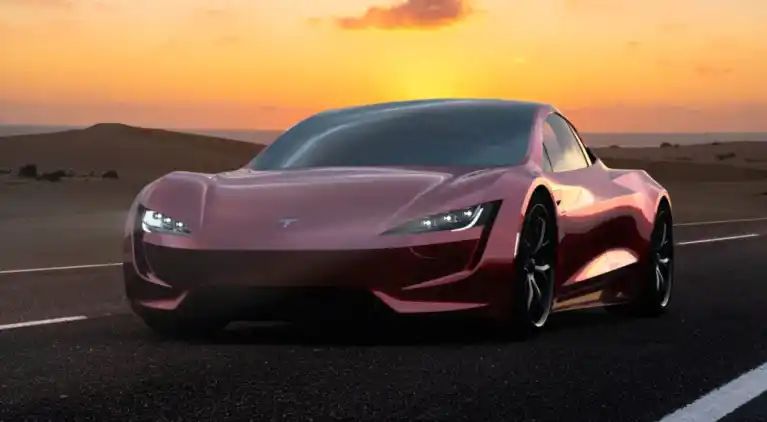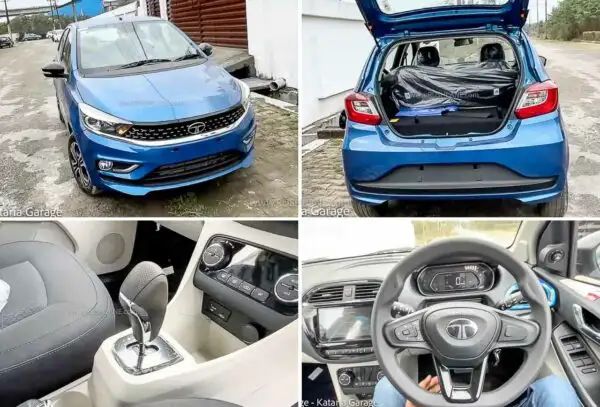ASDC targets 50,000 new jobs for women through Solar2EV project

The initiative was launched earlier in March, as a joint venture between the social justice departments of the central and Maharashtra governments.
Over the next 12 to 14 months, the two parties hope to create roughly 10,000 jobs under the project. Also part of the partnership is the plan to provide the benefits of solar energy and EVs at 30 percent of the cost to this particular section of society. As much as 70 percent of the operations will be funded through schemes already implemented by the Maharashtra government.
Plans for the Solar2EV Project were announced at an event in Mumbai, where Ramdas Athawale, Union Minister of State for Social Justice and Empowerment, said: “As we embark on the Solar2EV journey, we envision a future where innovation and opportunity intersect to uplift the marginalised. This initiative reflects our unwavering commitment to foster inclusive growth and sustainable development, empowering communities across Maharashtra and beyond.”
Arindam Lahiri, CEO of ASDC, said: “Our vision is to create a two-sided platform to match skills and industry needs by leveraging technology, skill development and partnerships that would lead to sustainable livelihoods.”
Highlighting the organisation’s commitment to women’s empowerment through the Solar2EV initiative, the Vice President of ASDC, Vinkesh Gulati said that they would focus on skill development and corporate engagement, which would “not just open up opportunities in Maharashtra’s growing EV and solar sectors,” but also ensure that “women are at the forefront of this transformative journey.”
Interestingly, the Solar2EV Project aligns with central schemes that aim to provide opportunities to socially disadvantaged groups. The PM Surya Ghar Muft Bijli Yojana initiative, for instance, targets lowering electricity bills for consumers in Maharashtra, while promoting the adoption of electric mobility and creating economic opportunities.
Furthermore, ASDC has established an EV lab in Chennai and offer hands-on training in various aspects of EV technologies such as EV servicing and charging station operations. The training programmes – and partnerships with government agencies and corporations – also instil necessary skills in participants, which includes women and persons with disabilities, as well as supplying competent labour to the EV industry.
“We have a unique model that we are looking to replicate in Maharashtra, where the youth’s desire for gainful employment, the industry’s goal of being asset-light, promoting EVs as the future of logistics and the government’s aim to provide skilled employment all come together under a single platform,” Lahiri said.





